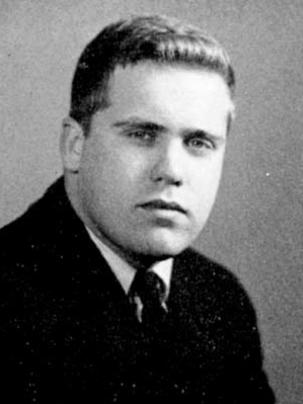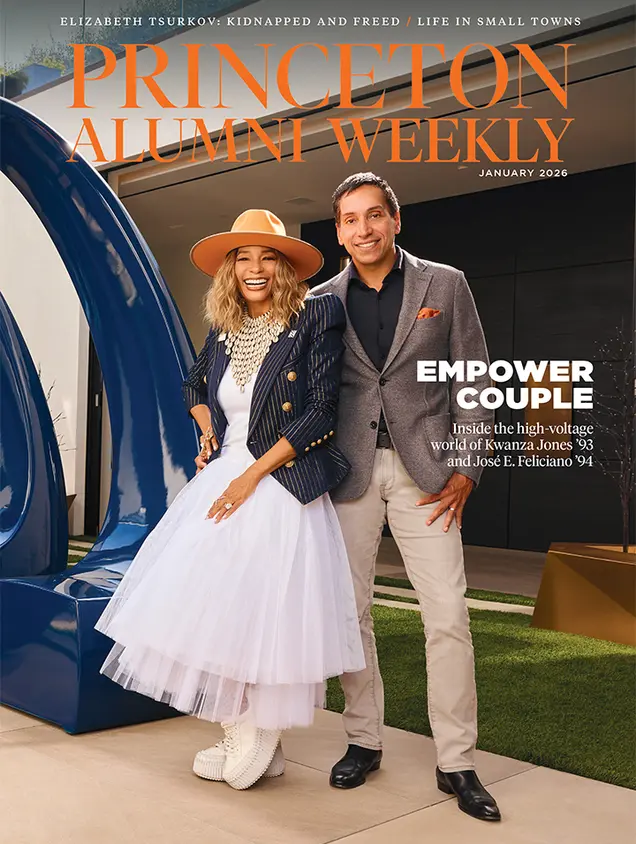Richard Samuel Reynolds III ’56

Major was fond of Churchill’s aphorism, “We make a living by what we get, but we make a life by what we give.”
Major died Sept. 18, 2023, in Richmond, Va. He gave his time and financial support to organizations supporting civil rights and diversity in education and employment — National Conference of Christians and Jews, United Negro College Fund, Jobs for Virginia Graduates, Richmond Area Mental Health Association, Salvation Army, Boys Club of Richmond, and the Virginia Advisory Committee of the U.S. Commission on Civil Rights.
He was president of the Richard S. Reynolds Foundation, where he worked with cousins to make more than $66 million in grants were made to the arts, education, environment, health, and other human needs. He was especially proud of his work on behalf of the Capitol Square Civil Rights Memorial in Richmond, for which he was honored by the Virginia Legislative Black Caucus. Major also gave much time to serving Virginia education on the State Board for Community Colleges, the Medical College of Virginia Foundation, the board of Virginia Union University, the Board of Associates of the University of Richmond, and the Trustees of Woodberry Forest School, from which he came to Princeton.
At Princeton, Major joined Cottage Club, majored in history, and graduated with honors. He participated in many ICC sports, with a particular love for rugby’s physical contact. For our 50th-reunion remarks, he wrote that Princeton turned him on to a love of learning and a much more open view of the world, which guided him for the rest of his life. He clearly loved contact with society’s gritty issues.
Major is survived by his wife, Pamela Coe; son Richard Samuel IV; daughters Anne Brice Robertson and Katherine Louise Barsness and her husband George P. Sr.; nine grandchildren; and two great-granddaughters.
Paw in print

January 2026
Giving big with Kwanza Jones ’93 and José E. Feliciano ’94; Elizabeth Tsurkov freed; small town wonderers.



No responses yet